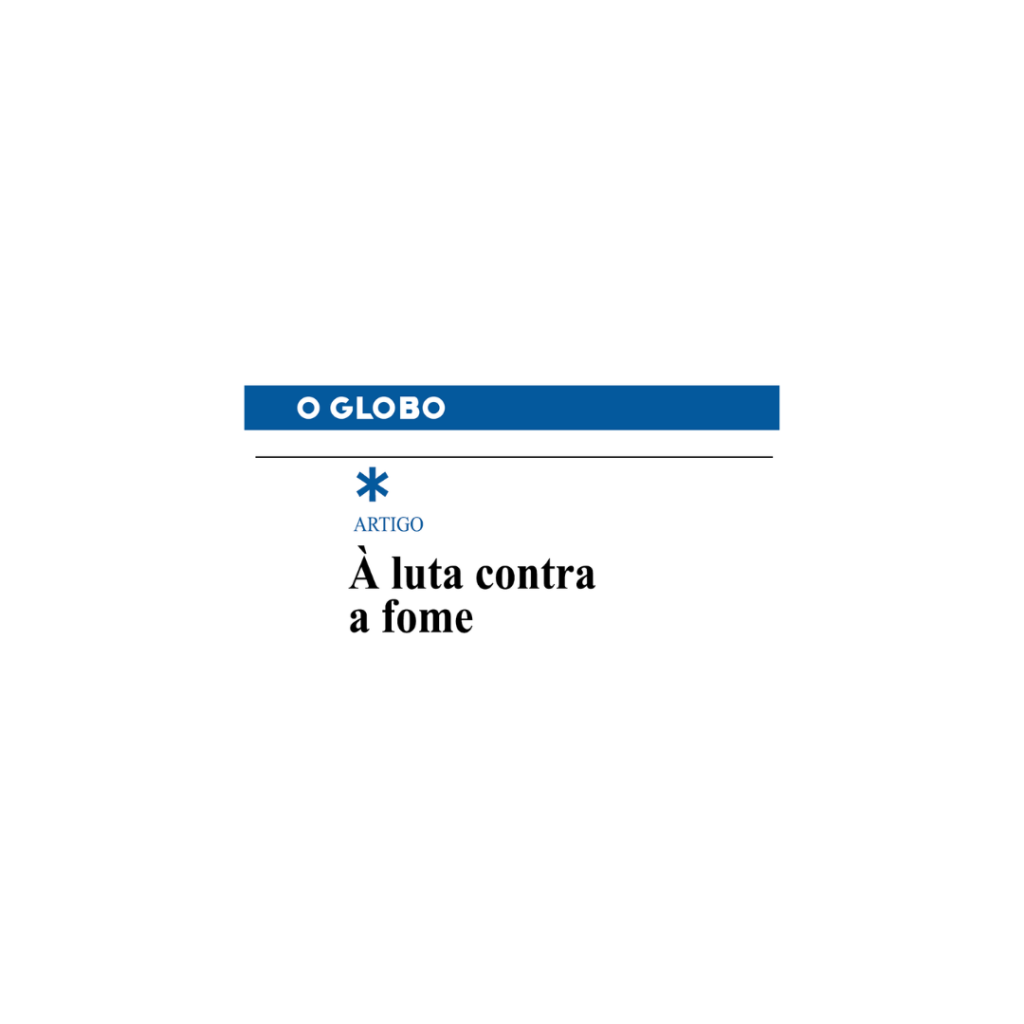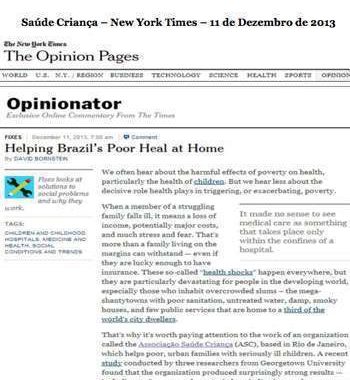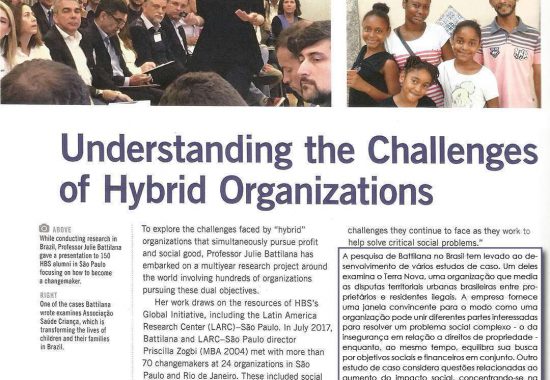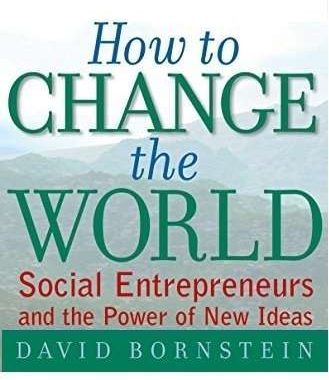

The fight against hunger by Vera Cordeiro, Founder and Chairwoman of the Board of Directors of Dara Institute.
Read. (Portuguese)
The fight against hunger
30/01/2022
The wise man does not lay up his own treasures. The more he gives to others, the more he has forô his own.ô ô
(Chinese philosopher, Lao Tse)
Brazil is living in a vicious circleô of dissatisfactionô with its governing bodies,ô malaiseô inô largeô swath
ãThe hungry are in a hurry, in urgency and cannot wait until the coldness and indifference with which theô world’sô elites see the problem today are gone,ãô was said by sociologist Herbert de Souza, Betinho (1935-1997).ô His words testifyô toô the incompetence shown in the implementation of public policies to fight povertyô seenô in recentô decades andô may explain why we have experienced the worst recession in our history. Weô seeô thisô dailyô with the deteriorationô inô the quality of life of the families weô work withô at the Dara Institute.
If theyô ã theô Union, States and Municipalities –ô insistô on notô dealing withô this,ô it isô time toô findô another way, toô think differently. We can no longer remain passive knowing that a third of the world’sô daily deaths areô fromô diseases linked to poverty, according to the World Health Organization (WHO). At the start of theô COVIDô pandemic, it was social organizations such as Dara, CUFA and G10 Favelas, fromô Paraisû°polis, SûÈo Paulo, among others,ô thatô distributed food,ô masks,ô and cleaning materials,ô givenô the criminalô inactionô shownô by theô state. We know how toô fightô effectivelyô against structural poverty.
Nowô only a coalition of serious organizations, working transparently with different companies, will beô capableô of tacklingô the enormousô social inequality.ô It isô like a necklace: each institution, each company is a pearl, and must beô strung together.
To succeed, weô firstô need to work together: entrepreneurs, universities and recognized social entrepreneurs – and we have several of them in Brazil.ô We mustô thenô set up a pilot projectô usingô triedô and testedô technology, such as the Family Action Plan (FAP), which Dara has perfected over theô last 30 years.ô Once this has been adoptedô and approved, the project canô be implemented throughout the country.
This embryonic approachô will encourage entrepreneurs and social entrepreneurs to seek support, to recruit ethical people whoô wantô to get involved. Another obstacle is the low adherence of the Brazilian entrepreneur to philanthropy, asô it appearsô theyô do notô understand that “there is no successful business in a failed society”, as Stephan Schmidheiny, founder of the Avina Foundation, put it.
Despite theô recurringô feeling that the world is getting worse,ô increasinglyô more people areô taking actionô and having a significant impact,ô restoringô peoplesãô
Vera Cordeiro, MD, is the founder and current President of the Board of Directors of the Dara Institute (formely “Saû¤de CrianûÏa Renascer”).



